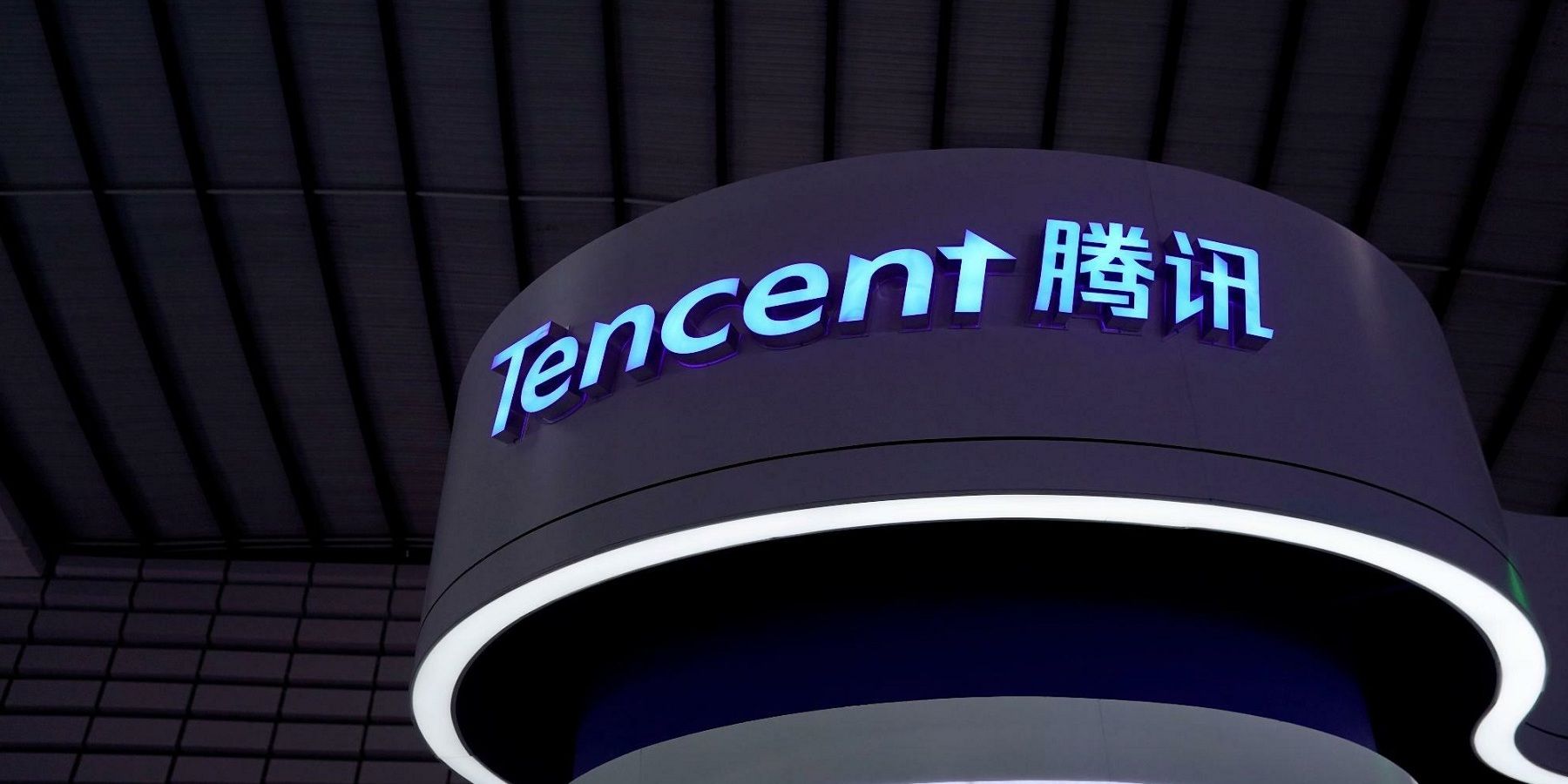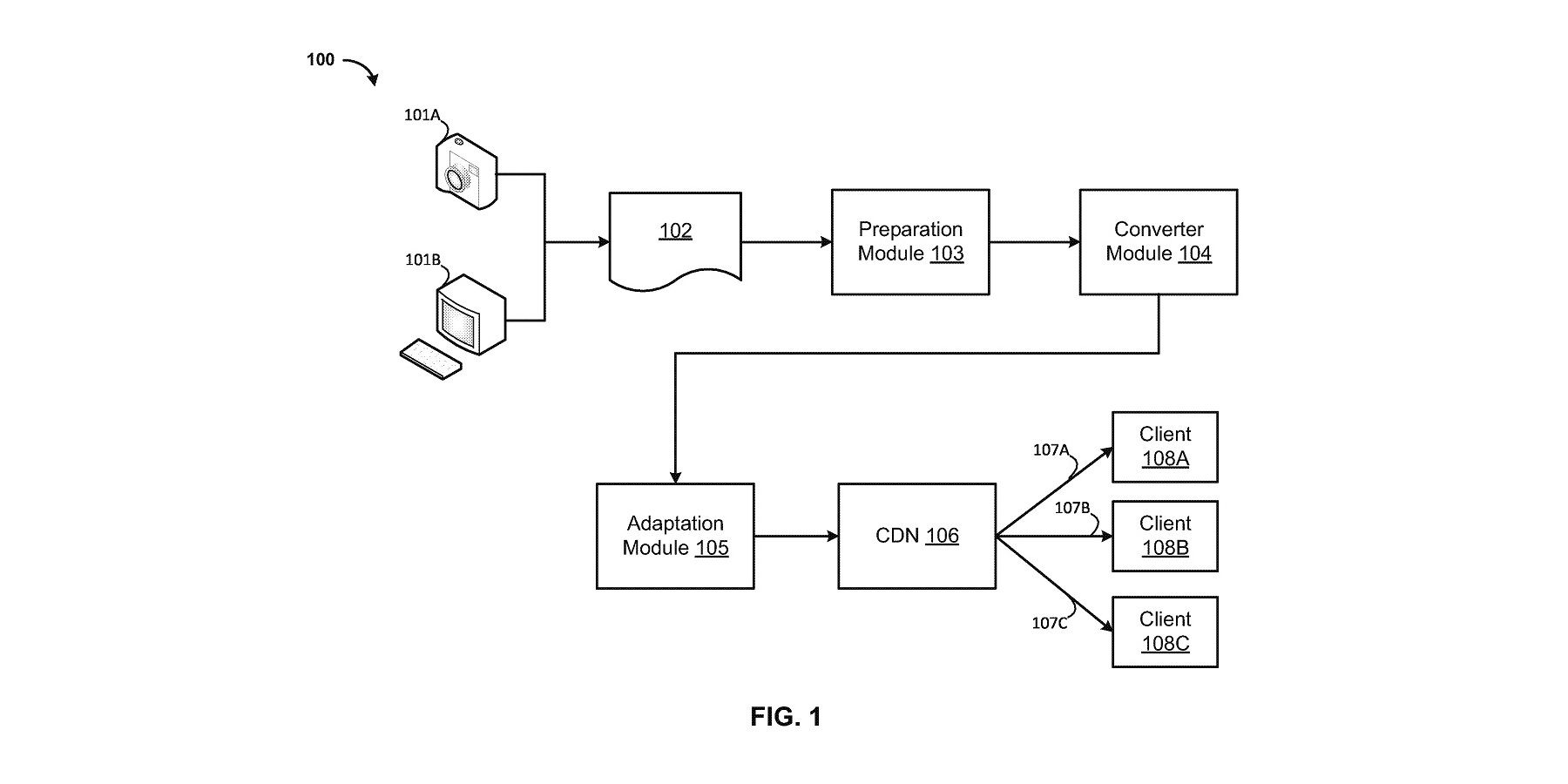Tencent has come a long way since its first appearance in the gaming industry, and the conglomerate now commands an impressive array of products, developers, IPs, and trademarks. An established presence in just about every gaming niche, the company doesn't seem to be afraid of experimentation in any way, shape, or form.
It's not too strange, then, to see Tencent attempting to trademark an interesting new way of experiencing so-called "immersive media," which references video games, news reports, episodic content, and more. The company's latest submitted patent describes using artificial intelligence to convert these media formats from 2D to 3D and then streaming it to the requesting end-user.
Whereas the majority of gaming company patents are generally relatively tame, such as Valve's patent to improve content recommendation pipelines using specialized techniques and processes, Tencent has its sights set on something a bit flashier this time around. Its 2D conversion patent describes the use of a dedicated neural network to ingest baseline media and then translate it into fully fledged volumetric 3D. It is implied that this process wouldn't necessarily take place locally, but may rely on various networking and streaming implementations to drive its AI.
In many ways, the patent is reminiscent of Sony's older PlayStation streaming patent, in that it generates a new way of experiencing existing content on the fly. Tencent's new patent is admittedly significantly more exotic and even goes so far as to reference various fledgling and/or unrealized technologies, too. For example, there are mentions of holographic displays, dense light field displays, and lenticular light field displays, which this patent would - according to Tencent - enable and support.
For what it's worth, this may well be little more than Tencent paving the way for potential future developments. Even though the patent claims it could be put to work using existing tech, and could perhaps even be used to develop weird augmented reality games, the question remains whether currently available AI could properly translate legacy 2D content into proper 3D experiences. That may change in the coming years, however, and may be the eventuality that Tencent is preparing for.
Of course, the company has plenty of other trademarks and patents pending alongside this one, most of which seem immediately more practical and feasible. For example, Tencent recently filed a new IP trademark, which seems to be a live-service title of some sort. The so-called Origin of the Wild game may be Tencent's mysterious AAA production, and if that's the case, it's bound to be more relevant in the here and now than any hypothetical content conversion algorithm.


